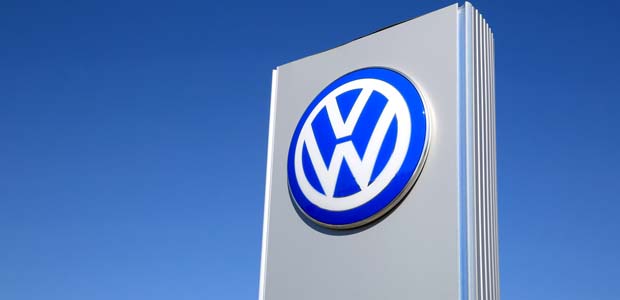
CARB and EPA Approve Fix for Some VW 2.0 Liter Diesel Vehicles
The first approved modification is for "Generation 3" 2015 vehicles, the agencies announced. It involves the installation of a second NOx sensor and a new or replacement diesel oxidation catalyst, which together will reduce excess emissions from the affected vehicles by 80 to 90 percent.
The California Air Resources Board (CARB) and EPA have approved an emissions modification for a limited number of the Volkswagen 2.0 liter diesel vehicles with a "defeat device." The vehicles eligible for the modification are called "Generation 3" and appeared only in model year 2015.
In September 2015, Volkswagen representatives admitted to CARB and EPA that defeat devices had been installed in 2.0 liter diesel passenger vehicles sold in model years 2009-2015. The device, a set of software commands, engaged the car’s emissions control system to deliver legal levels of nitrogen oxide (NOx) when the car was being tested for emissions in the laboratory but, once the vehicle was being driven on the open road and out of the lab, the device compromised operation of the emissions control system, resulting in emissions of NOx at levels as much as 40 times higher than legally allowed. Volkswagen sold about 500,000 diesel vehicles with them in the United States, including about 71,000 in California, and this modification applies to more than 10,000 of the California cars, according to CARB.
"This is one more step on the road to cleaning up the mess created by Volkswagen's deception, but it is by no means the last step," said CARB Chair Mary D. Nichols. "There are more modifications to come for other model years and further penalties to be decided."
Volkswagen is paying more than $1.2 billion to the state of California to mitigate past excess NOx emissions of all 2.0 liter diesel cars, including any future emissions these cars may produce.
A partial consent decree approved by a federal judge in October (http://www.cand.uscourts.gov/filelibrary/1776/Partial-Consent-Decree.pdf) contains about 60 pages of detailed standards, requirements, and criteria in order for a proposed modification of these vehicles to be accepted. CARB reports there are several different generations of engine technology in these vehicles, depending on their age. This modification for 2015 "Generation 3" models involves the installation of a second NOx sensor and a new or replacement diesel oxidation catalyst, which together will reduce excess emissions from the affected vehicles by 80 to 90 percent. Owners of the affected 2.0 liter diesel cars have the option of getting their vehicle modified or taking an offer from Volkswagen to buy back the vehicle, and lessees may cancel their leases without additional cost or penalty.